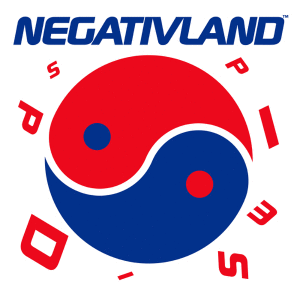Reusability is a term in computer science.
Reusability may also refer to:
- The quality of being fit for reuse
- Reusable packaging

Reuse is the action or practice of using something again, whether for its original purpose or to fulfil a different function. It should be distinguished from recycling, which is the breaking down of used items to make raw materials for the manufacture of new products. Reuse – by taking, but not reprocessing, previously used items – helps save time, money, energy and resources. In broader economic terms, it can make quality products available to people and organizations with limited means, while generating jobs and business activity that contribute to the economy.
Reusable packaging is manufactured of durable materials and is specifically designed for multiple trips and extended life. A reusable package or container is “designed for reuse without impairment of its protective function.” The term returnable is sometimes used interchangeably but it can also include returning packages or components for other than reuse: recycling, disposal, incineration, etc. Typically, the materials used to make returnable packaging include steel, wood, polypropylene sheets or other plastic materials.




